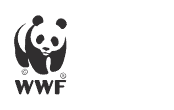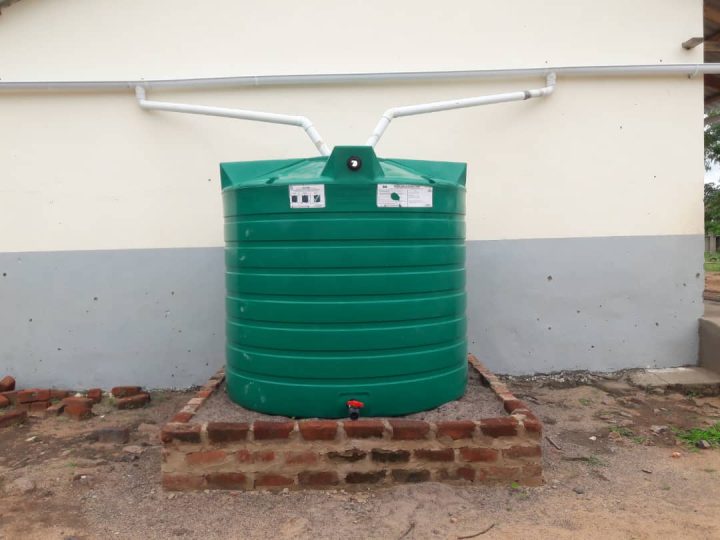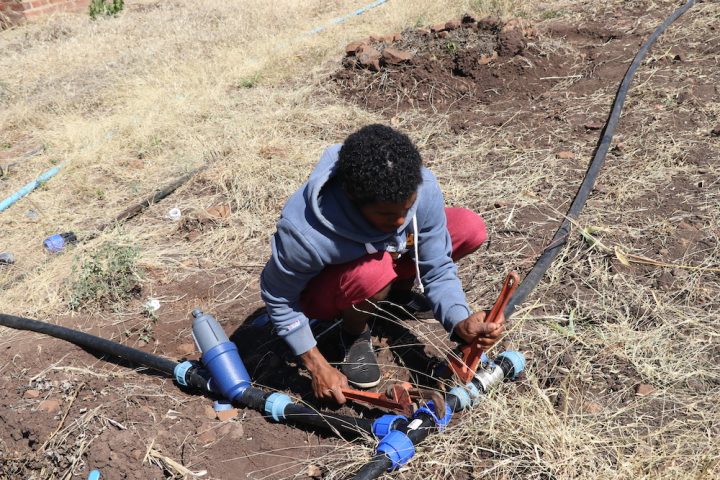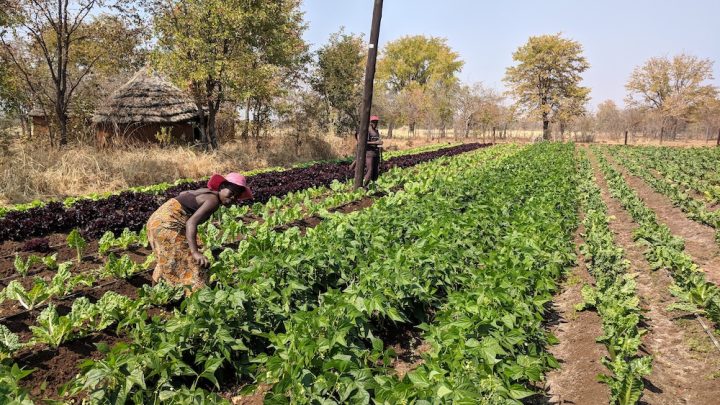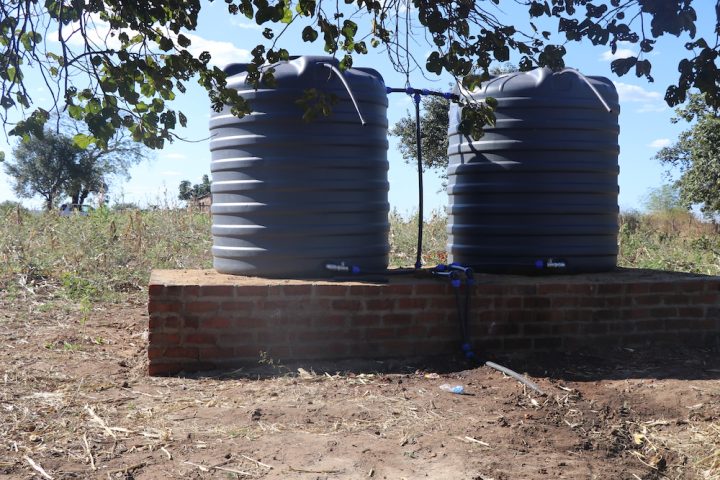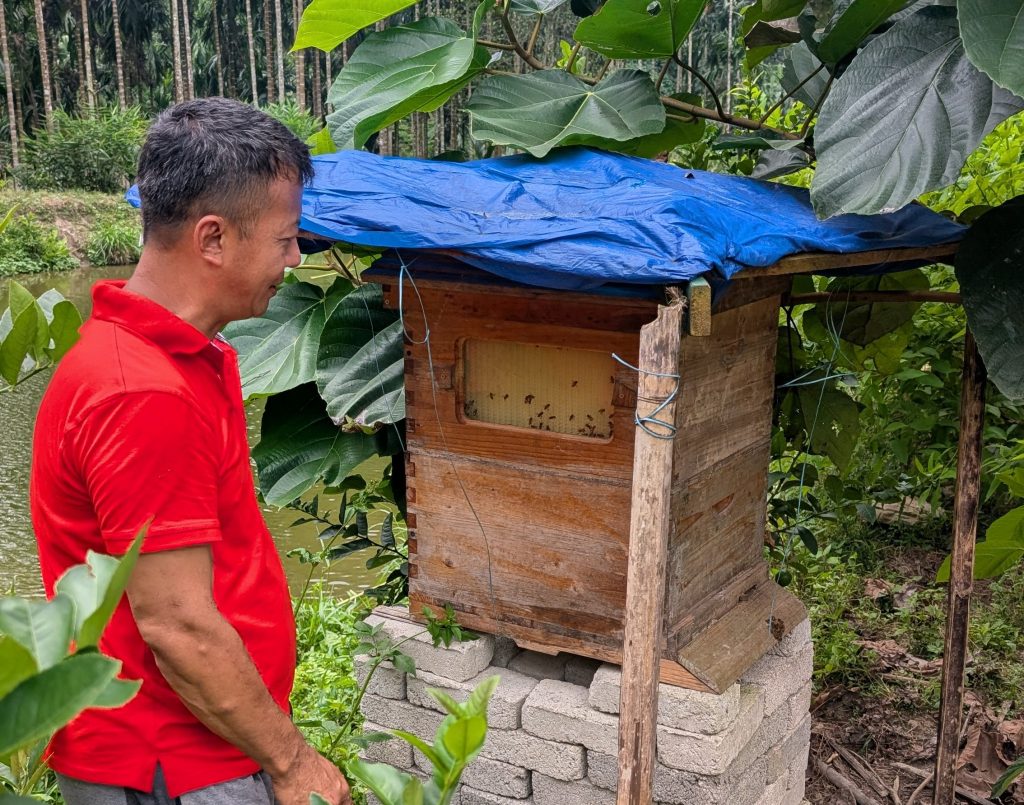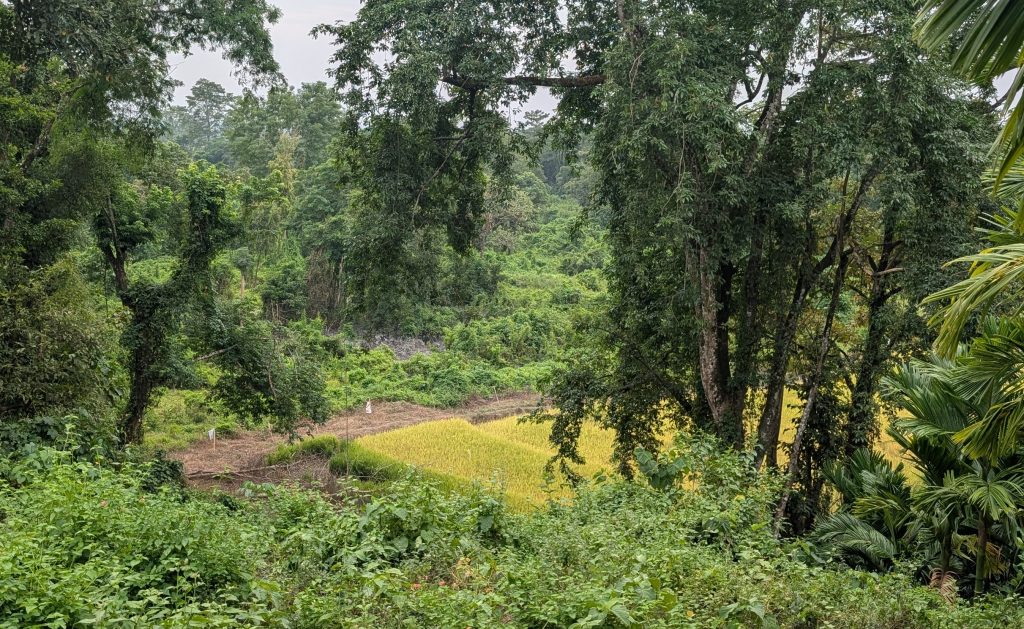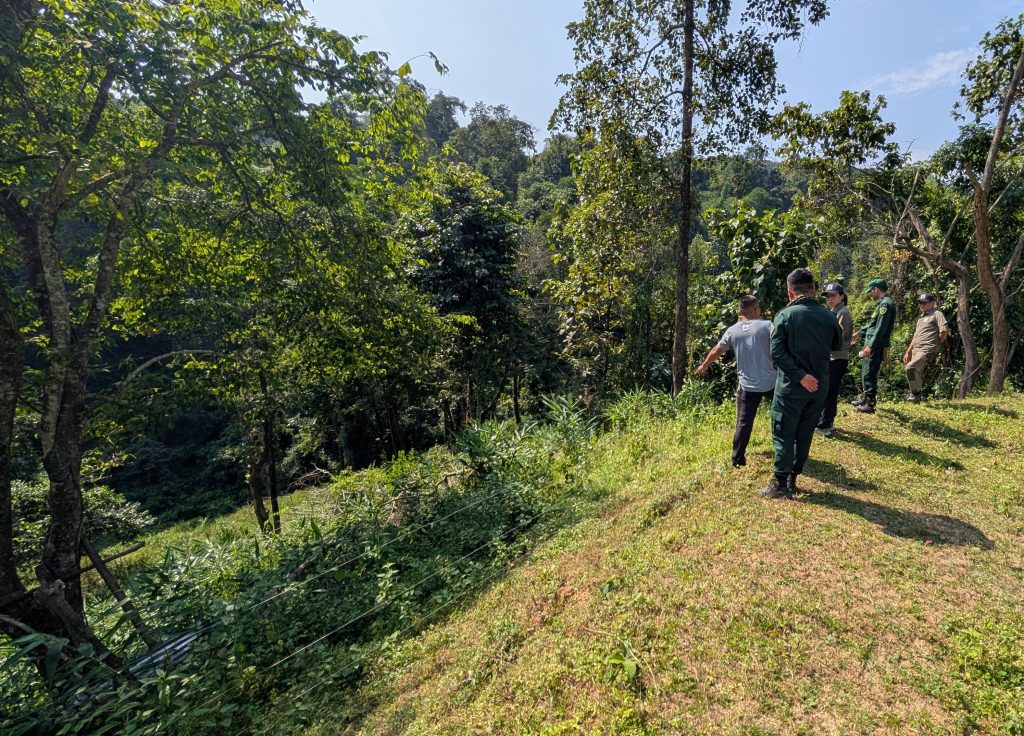Purpose
Support community water and food security during prolonged drought, and combat widespread deforestation.
CLIMATE IMPACTS
Community members from the Hwange District report the following impacts:
Widespread water insecurity
Crop loss
from prolonged drought and increasing pest prevalence productivity
Increased human-wildlife conflicts
particularly involving elephants
Poor livestock health
due to sparse and degraded grazing area and less water
Increased reliance on resource-intensive livelihoods
due to farming losses from drought
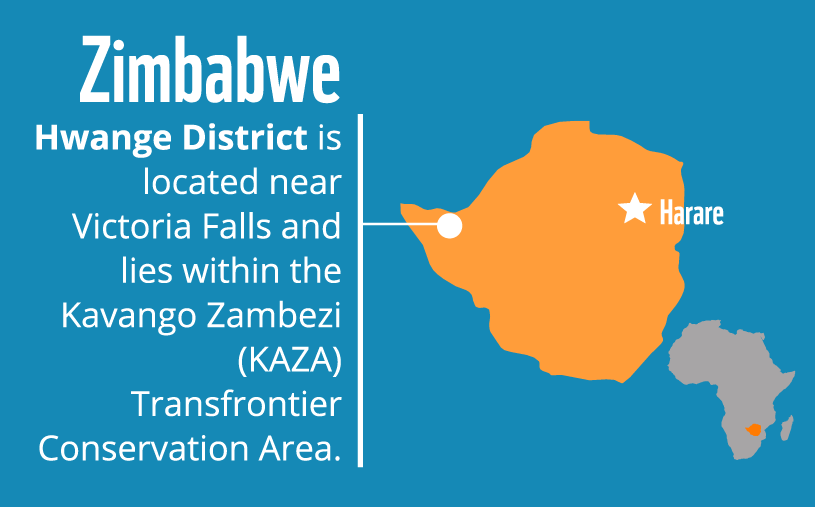

Activities
Installation of a rainwater harvesting system at a local primary school
Community members were trained in system maintenance and management.
Upgrading of a hand-pump borehole
to a solar-powered pump.
Installation of drip irrigation
Installation of an automated weather station
connected to the National Meteorological Authority in Zimbabwe.
Provision of fuel-efficient cookstoves
to reduce firewood collection.
project outcomes
Did you know?
As climate change intensifies, access to accurate weather information is vital to ensuring food security. With shifting seasonal, temperature and rainfall patterns, automated weather stations allow farmers to better plan planting and harvesting dates. So far, Climate Crowd has installed automated weather stations in 8 countries, providing farmers and local wildlife authorities with reliable weather information.
project design
In Hwange district, a shift to hotter, drier conditions has decimated crops and livestock, and reduced access to freshwater. Some have found alternative sources of income through brick-making and wood carving, placing greater pressure on local forests. In partnership with Greenline Africa, a local NGO, this project improves water security by installing a rainwater harvesting system, upgrading a borehole pump to solar power, and installing improved irrigation, and reduces pressure on forests through installation of clean cookstoves. Additionally, the project set a goal of 60/40 female to male participation, established a women’s cooperative to help scale up project activities, and is monitoring changes in time spent collecting water (currently 2- 3hrs), a responsibility primarily shouldered by women.
